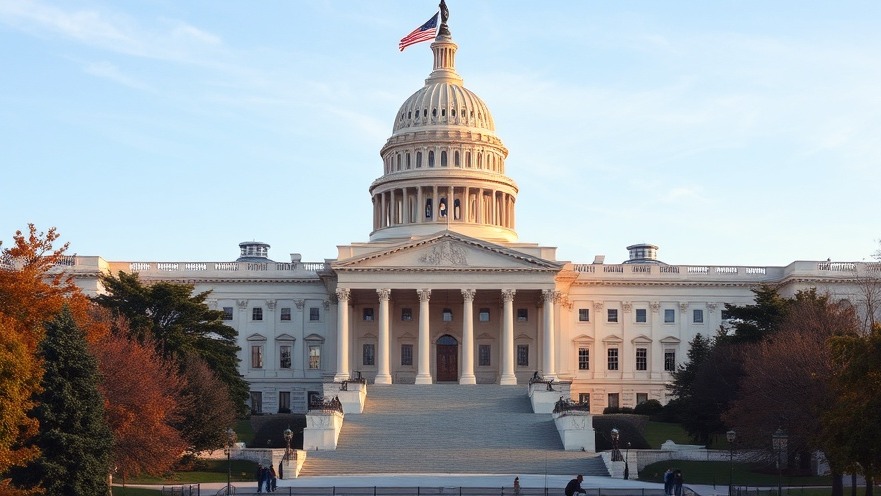
Understanding the Government Shutdown: Consequences for Texas
Today's shutdown of the federal government has significant implications for Texas, impacting the lives of residents and the economy. As Congress failed to reach a budget agreement, services essential to daily life in Texas are facing disruptions. This situation raises questions about how the shutdown is affecting thousands of federal employees and the broader state community.
Impact on Federal Employees
In Texas alone, over 130,000 federal civilian employees work in various sectors including the Department of Veterans Affairs, Defense, and Agriculture. With the government shutdown, many federal workers will report to jobs without any guarantee of a paycheck. While essential personnel, such as air traffic controllers and TSA agents, will continue to work, many will be expected to do so without pay. The Anxiety over finances is heightened by the looming possibility of job insecurity as the White House warns of potential mass layoffs during these uncertain times.
Disruptions to Local Services
The funding gap poses a risk of service interruptions, particularly for nonessential personnel. Facilities such as Big Bend National Park and regional Veterans Benefits Administration offices in Houston and Waco could slow down operations or close altogether. Furthermore, administrative services essential for programs like Social Security and Medicare could be delayed, potentially affecting those requiring immediate support. Texans may also experience disruptions in food assistance programs, as the Special Supplemental Nutrition Program for Women, Infants, and Children (WIC) is at risk if the shutdown prolongs.
Military and Homeland Security Operations
In a state with 15 military installations, including Army and Air Force bases, active-duty personnel remain essential and will continue to work during the shutdown without immediate pay. They, along with civilian support staff deemed essential, will be guaranteed back pay once funding is restored, but the uncertainty about when that will happen is a source of concern.
Furthermore, with robust security operations at the border, agencies like the Department of Homeland Security continue their critical operations during the shutdown. The vast majority of Immigration and Customs Enforcement (ICE) personnel and U.S. Customs and Border Protection agents will remain on duty, keeping law enforcement efforts ongoing despite the funding issues.
The Broader Economic Impact on Texas
The potential for a prolonged government shutdown could inflict serious economic damage on Texas, a state home to multiple federal contracts and funding sources. Business owners who rely on federal contracts may face significant implications, potentially stalling projects and economic momentum crucial for local economies. Additionally, as local businesses feel the effects of government worker furloughs, consumer spending could decline, further straining Texas’s economy.
A Historical Perspective
The current situation is reminiscent of the government shutdown that lasted 35 days from late 2018 to early 2019, which also caused substantial disruption across numerous sectors in Texas. The lessons from that episode suggest that prolonged shutdowns can lead to crises that last long after the government reopens.
Looking Ahead: Can a Resolution Be Reached?
As Republicans and Democrats remain locked in a standoff over federal funding, both parties face pressure to find a compromise that ends the shutdown. Many experts suggest that the labor and economic ramifications of a long shutdown may drive both sides to the negotiation table sooner rather than later. For Texans already feeling the effects of this government stalemate, having representatives that prioritize timely discussions can make all the difference.
Conclusion: The Need for Resolution
As the ramifications of the government shutdown unfold, it becomes evident that the health of Texas relies on swift negotiating actions by its leaders. Residents are right to demand transparency and a prompt resolution to restore stability. Encouraging dialogue and cooperation among lawmakers could pave the way for sustainable solutions that benefit both workers and the broader community.
 Add Element
Add Element  Add Row
Add Row 



Write A Comment